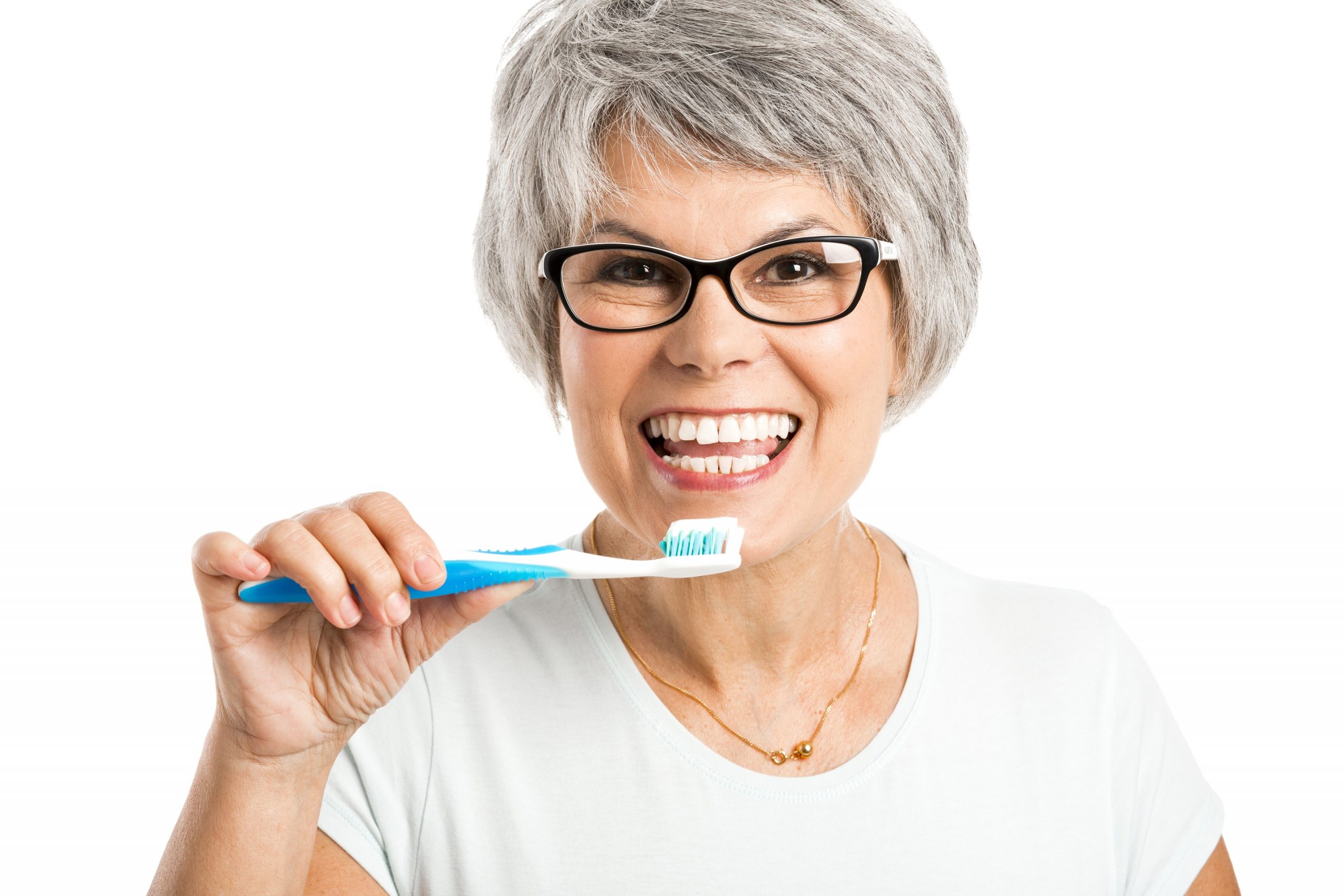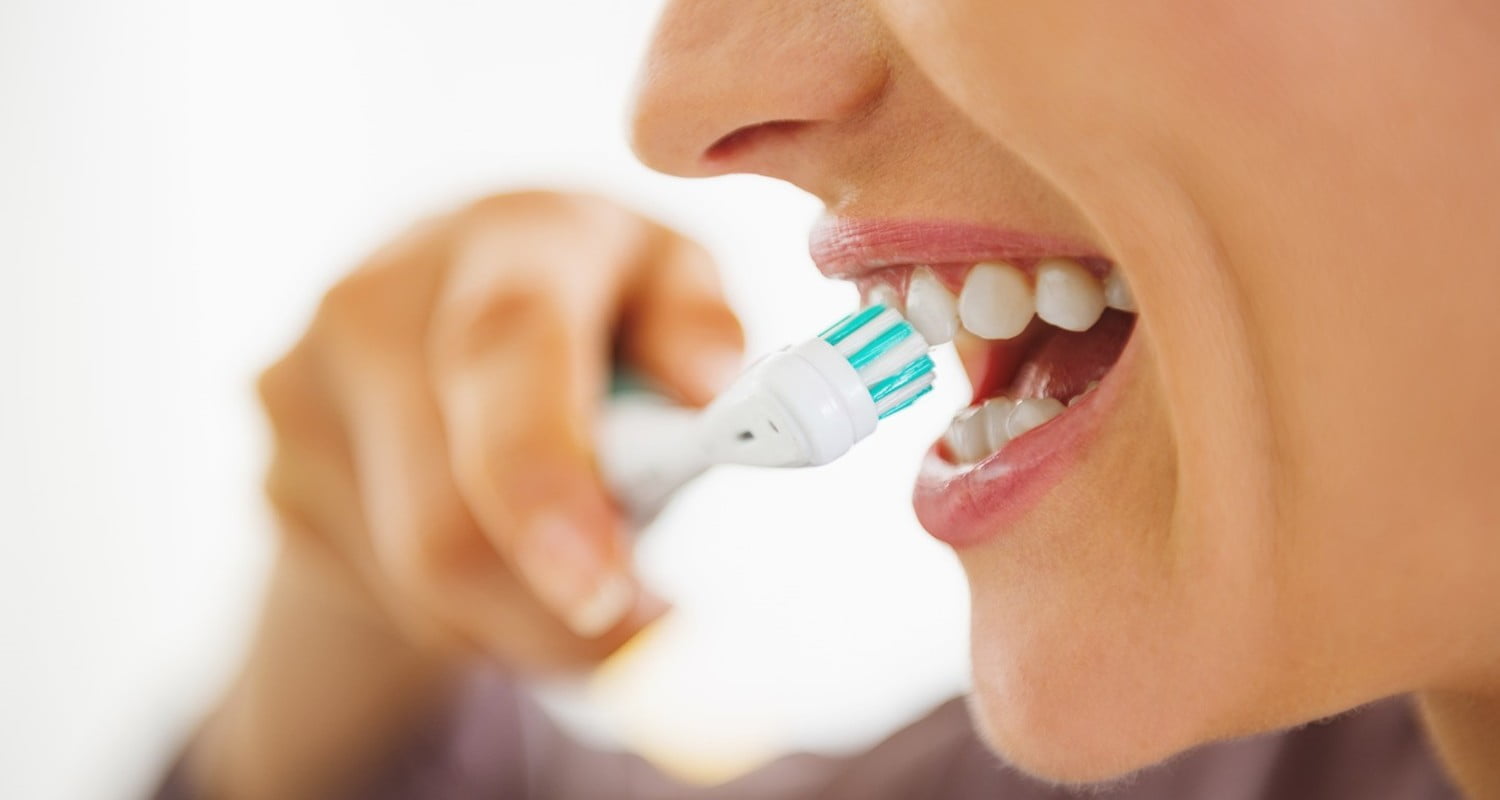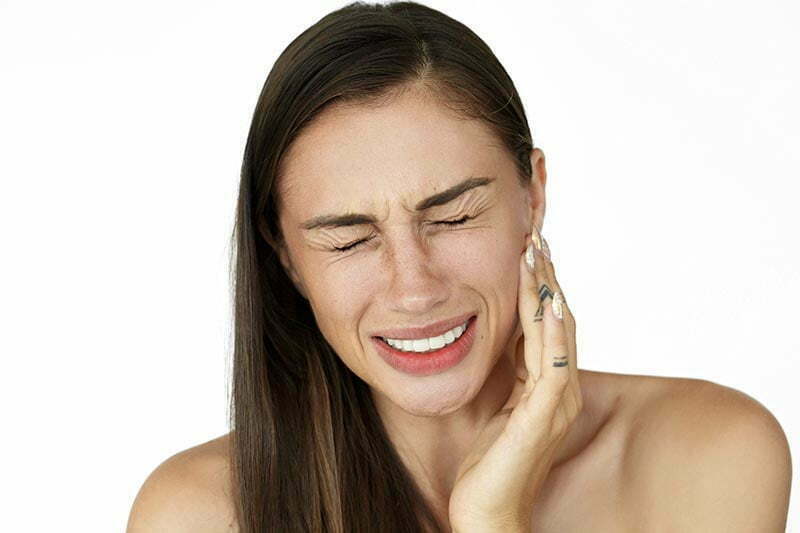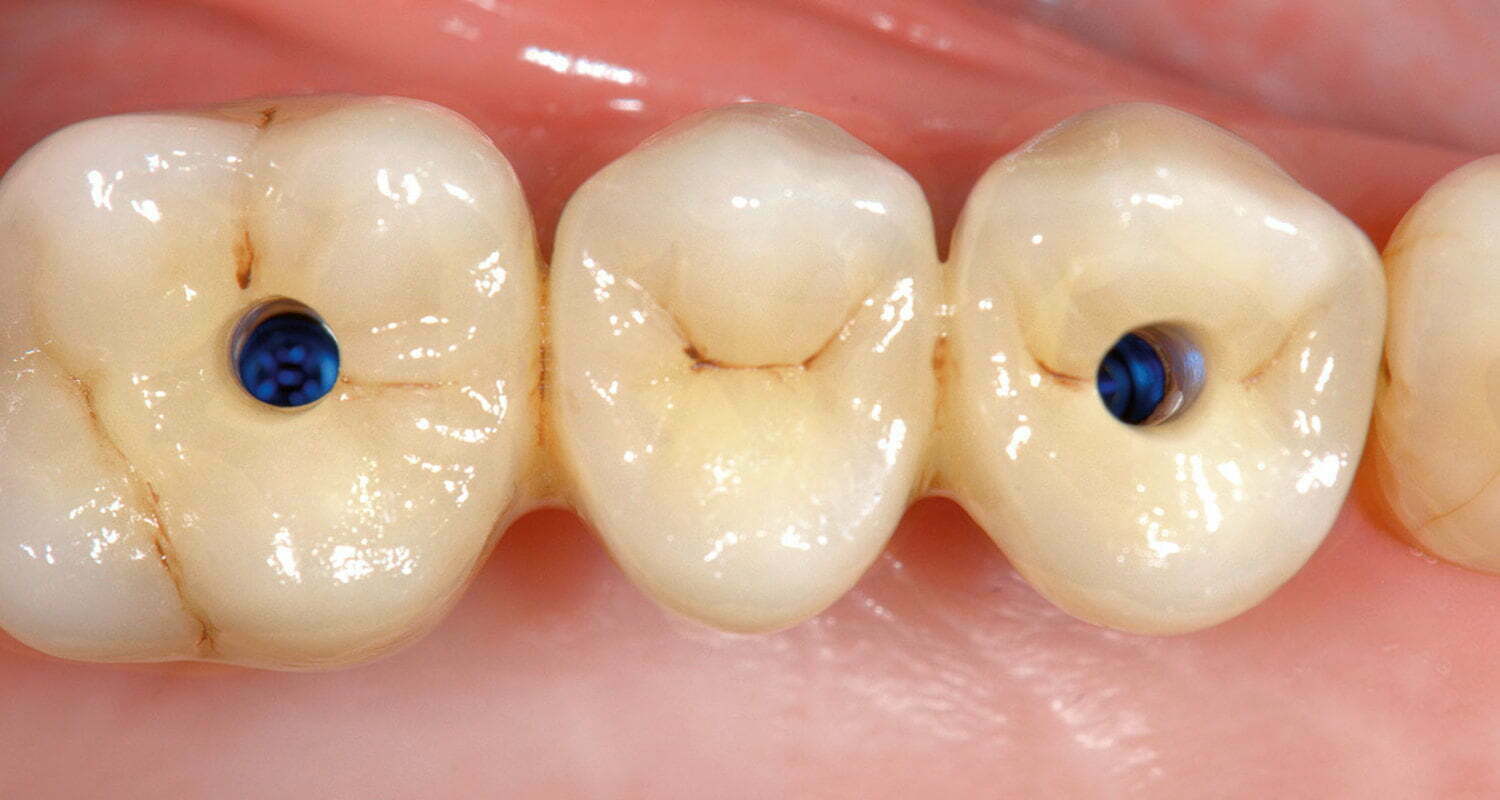Deterioration of oral health is not a natural consequence of aging. This is due to inadequate protective dentistry services, systemic diseases, drug use, inadequate nutrition and improper oral care.
-
- In general, intra-oral changes associated with aging are loss of teeth, thickening in the color of teeth, gum recessions, decreased amount of saliva, weakening of oral tissue and muscles, and decreased taste senses. In parallel with aging, shape changes are observed in the teeth as a result of wear on the tooth enamel. This can go from simple superficial abrasions to significant material loss.
- A significant portion of the elderly use moving prosthesis. These prostheses can lead to changes affecting both appearance and integrity of the oral tissues. This leads to differences in the chewing function and eating habits.
- With aging, osteoporosis is observed in all bones, often in women. In elderly patients who do not use prostheses, this leads to precipitation in the face and lips, shrinking in the mouth and wrinkles starting from the lip corners.
- When bone destruction in the lower jaw reaches advanced dimensions, the jaw bones become thinner and sharp in the form of a knife, making the use of prostheses difficult. In order to preserve the natural structure of jaw bones, functional teeth or tooth roots must be kept in the mouth.
- With age, saliva fluidity decreases. As a result, bacterial plaque accumulation occurs and the risk of malformation and gum diseases increases and fungal infections may occur. Mouth sores are common because dry mouth reduces the resistance of intra-oral tissues to impact. Moreover, dryness causes a layer of food residues to accumulate over the tongue, which reduces the sensation of taste. There is a burning, itching and pain in the tongue. Prostheses are low in retention, so their chewing, ingestion and speech functions are adversely affected.
- Moving prostheses cover large surfaces inside the mouth, preventing taste. Salt and sugar consumption increases in the elderly and this leads to systemic problems.
- As a result of the deformations in the joint, sounds that change slightly to severity are heard when opening the mouth. In addition to this, factors such as erroneous fillings and tooth grinding also cause changes to the chew surfaces of the teeth, which leads to deterioration of the closing relationships of the lower and upper jaw teeth. This causes a pain and creates a restriction in movements in the jaw joint.
- In the elderly, chronic diseases lead to dietary disorders in various psychological and social factors, such as drug use, chewing and swallowing disorders, reduced taste senses, physical disorders and reduced nutrient intake due to low mobility.








